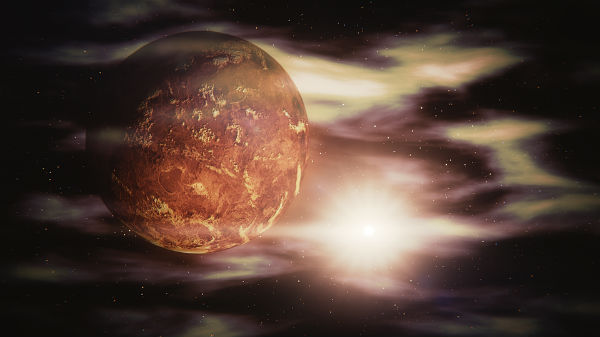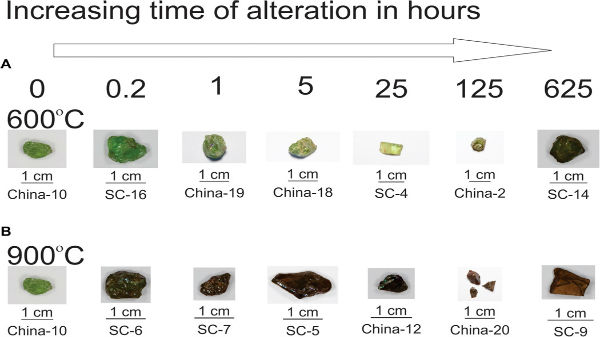Just In
- 3 min ago

- 49 min ago

- 1 hr ago

- 15 hrs ago

Don't Miss
- News
 Massive Landslide Blocks Arunachal Pradesh's Dibang Valley Road Near Indo-China Border
Massive Landslide Blocks Arunachal Pradesh's Dibang Valley Road Near Indo-China Border - Sports
 103 Not Out: S Ramdas - 103-year-old CSK fan fondly called 'Senior Valiban' - aspires to meet MS Dhoni
103 Not Out: S Ramdas - 103-year-old CSK fan fondly called 'Senior Valiban' - aspires to meet MS Dhoni - Automobiles
 2024 Jeep Wrangler Facelift Review - Off-Road Specialist Gets Easier To Live With
2024 Jeep Wrangler Facelift Review - Off-Road Specialist Gets Easier To Live With - Education
 CBSE Board Result 2024 expected to release soon: Know When and How to Check CBSE 10th & 12th Results
CBSE Board Result 2024 expected to release soon: Know When and How to Check CBSE 10th & 12th Results - Finance
 Rs 44,000 Crore M-Cap Lost, Stock Falls 10%, No More 4th Largest Bank; How RBI's Ban Rocked Kotak
Rs 44,000 Crore M-Cap Lost, Stock Falls 10%, No More 4th Largest Bank; How RBI's Ban Rocked Kotak - Movies
 Idi Minnal Kadhal OTT Release Date And Platform: When And Where To Watch Ciby And Bhavya Trikha's Movie
Idi Minnal Kadhal OTT Release Date And Platform: When And Where To Watch Ciby And Bhavya Trikha's Movie - Lifestyle
 Exclusive: On World Malaria Day 2024, Dr Shares Danger Signs Parents Must Watch Out For In Child With Malaria
Exclusive: On World Malaria Day 2024, Dr Shares Danger Signs Parents Must Watch Out For In Child With Malaria - Travel
 Escape to Kalimpong, Gangtok, and Darjeeling with IRCTC's Tour Package; Check Itinerary
Escape to Kalimpong, Gangtok, and Darjeeling with IRCTC's Tour Package; Check Itinerary
Active Volcano Found On Venus; Reveals New Details About Planet Formation
Venus might still be holding some active volcanoes where some eruptions might have occurred just a few years ago. According to a new study, volcanoes on Venus spews traces of sulfurous gases in its atmosphere. So far, Earth and Jupiter's Moon Io were believed to harbor active volcanoes. The new study disregards this previously held belief.

Volcanoes On Venus Discovered
Scientists analyzing the data from the European Space Agency's Venus Express probe have discovered the lava flows on Venus are less than 2.5 million years old, and possibly even less than 250,000 years old. The sulfurous gases traced in Venus' atmosphere further hint the active volcanoes on the planet.
The researchers found unusually high emissions of visible to near-infrared light from several sites on Venus in 2010. Older regions are expected to have lower emissions after long exposure to weathering from the hot, caustic atmosphere. Much to the researcher's surprise, they discovered high emissions, indicating recent lava flows.
For the moment, scientists are still uncertain about the exact age of the lava flows. There are a lot of determining factors like how quickly volcanic rocks alter in response to Venus' harsh atmosphere. Also, researchers considered the factor of how such changes influence emissions of visible to near-infrared light.
Experimenting With Volcanoes On Venus
To dig deeper, researchers experimented with olivine crystals, a greenish mineral found in volcanic rocks. The crystal changes were studied under conditions similar to what they might experience on the Venus surface. Massive amounts of heat up to 900 degrees Celsius was directed to the crystals for up to a month.
The scientists found that the olivine crystal became coated within days mostly with the reddish-black mineral hematite, which in turn made certain features of olivine more difficult to detect.
But on the other hand, the ESA's Venus Expresses that orbited the planet from 2006 to 2014 and found traces of olivine in its original form. This further suggests that the volcanic eruptions were recent or else the atmosphere would have obscured it.
-
99,999
-
1,29,999
-
69,999
-
41,999
-
64,999
-
99,999
-
29,999
-
63,999
-
39,999
-
1,56,900
-
79,900
-
1,39,900
-
1,29,900
-
65,900
-
1,56,900
-
1,30,990
-
76,990
-
16,499
-
30,700
-
12,999
-
11,999
-
16,026
-
14,248
-
14,466
-
26,634
-
18,800
-
62,425
-
1,15,909
-
93,635
-
75,804













































